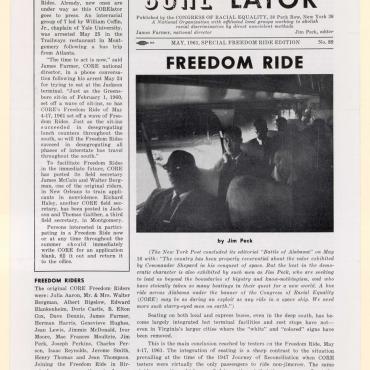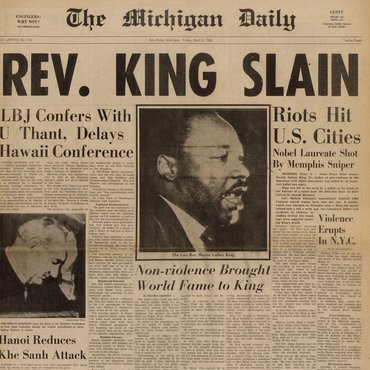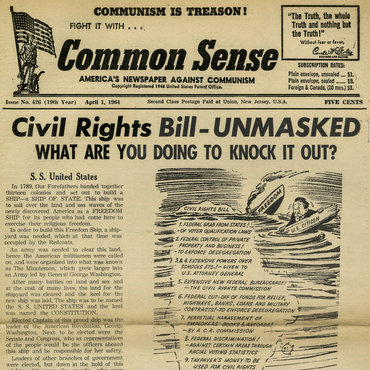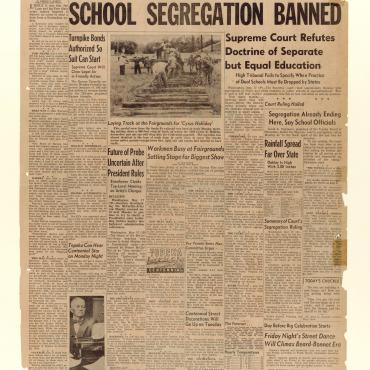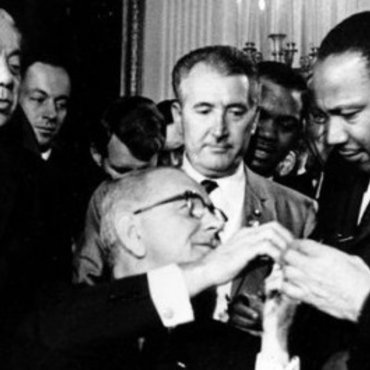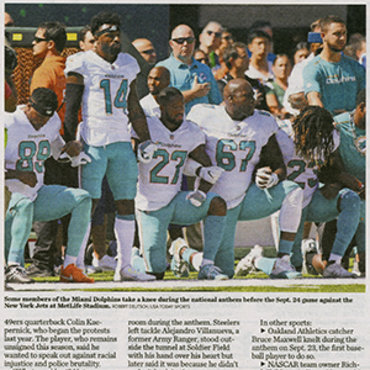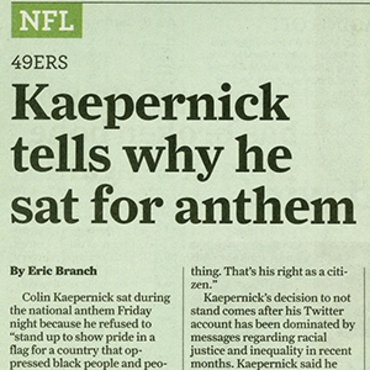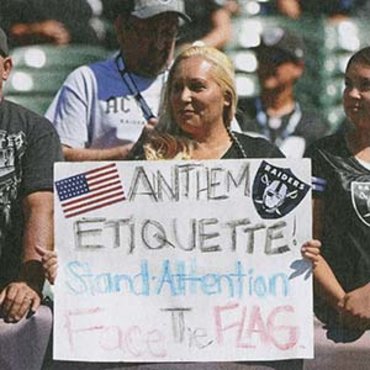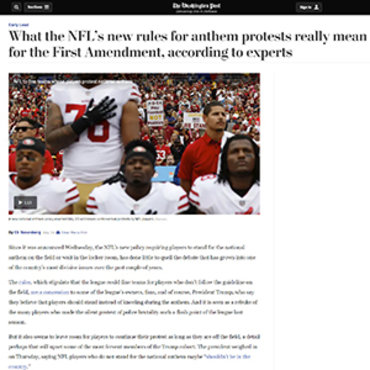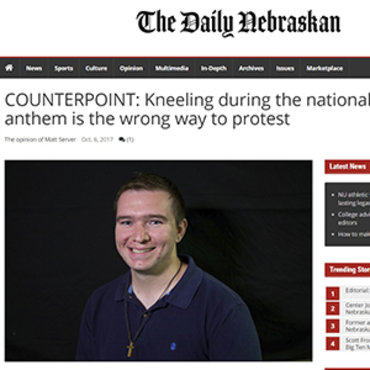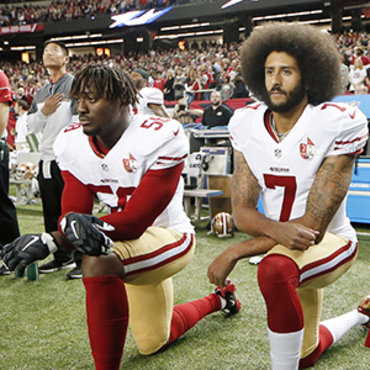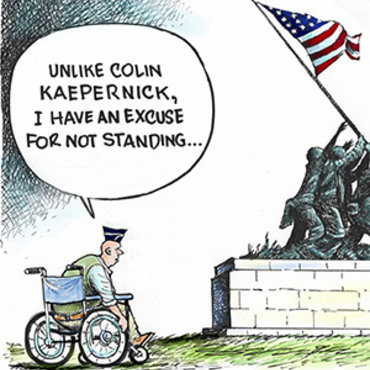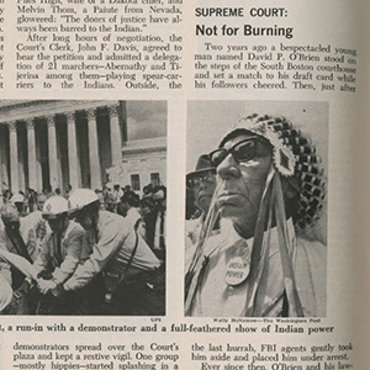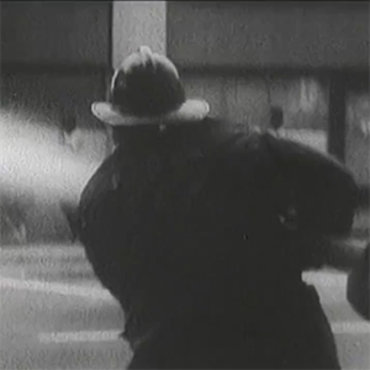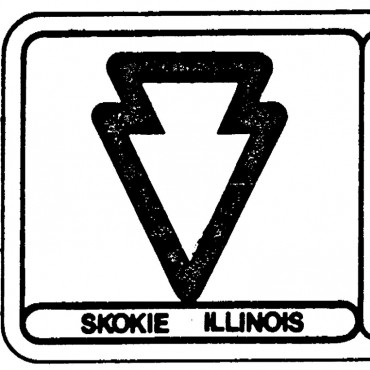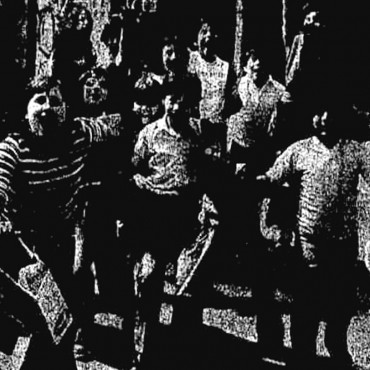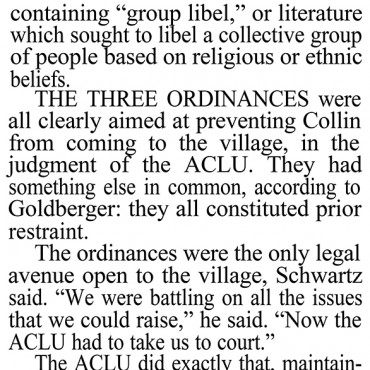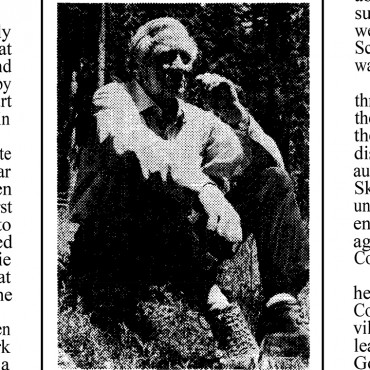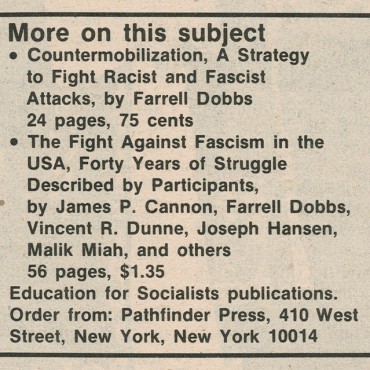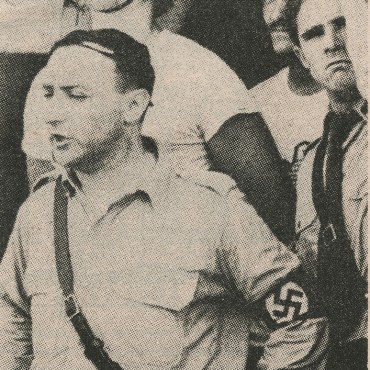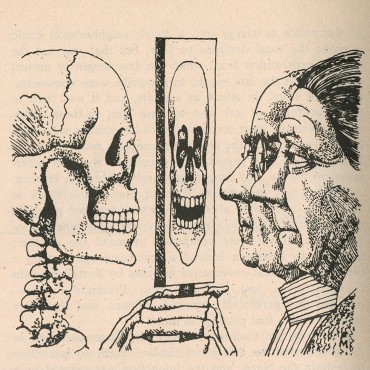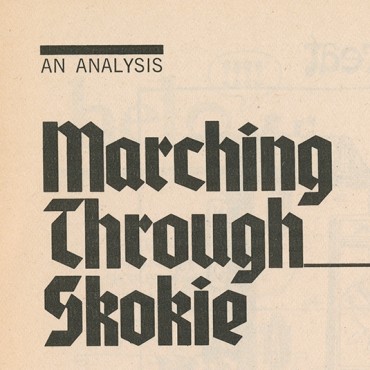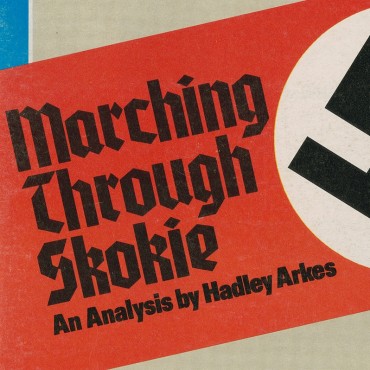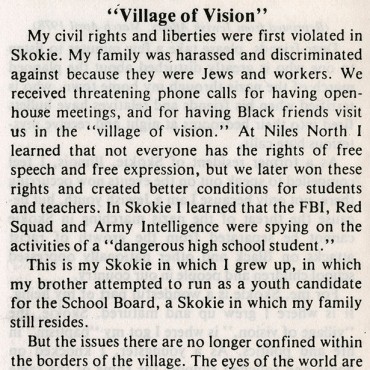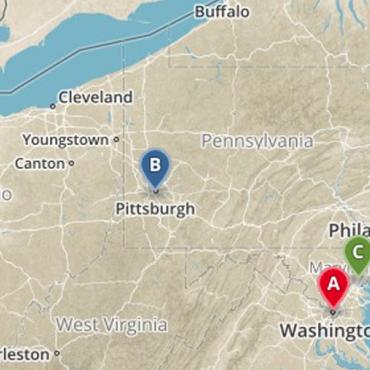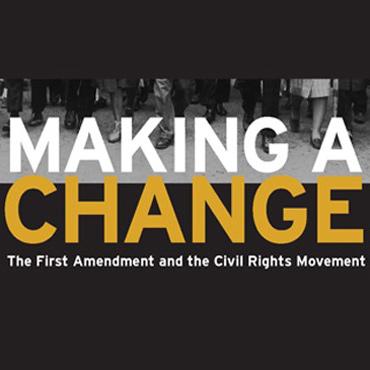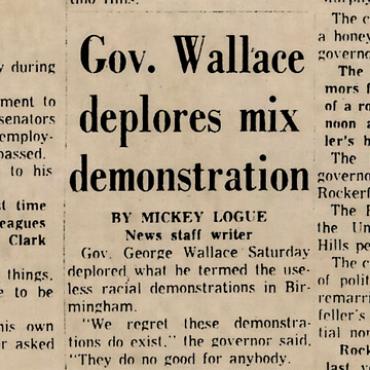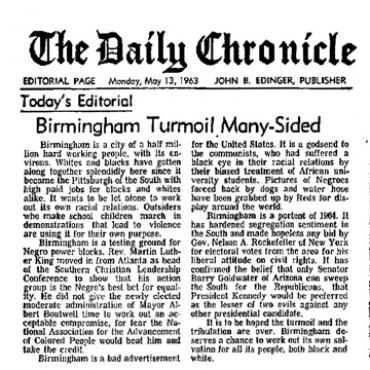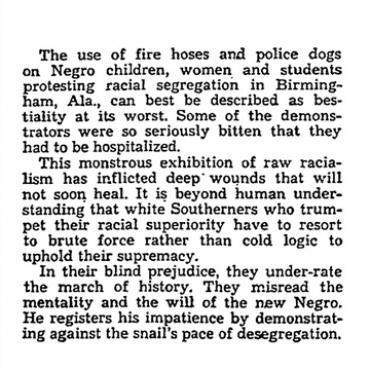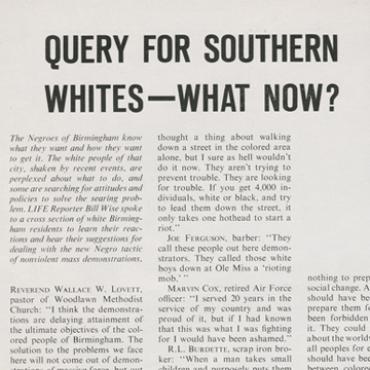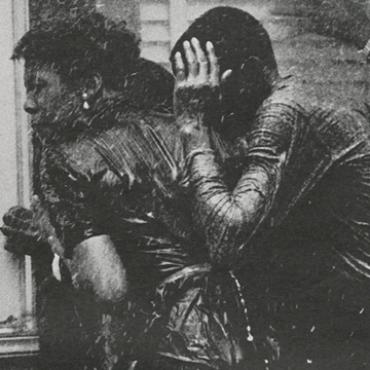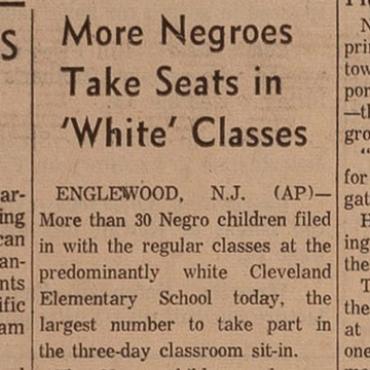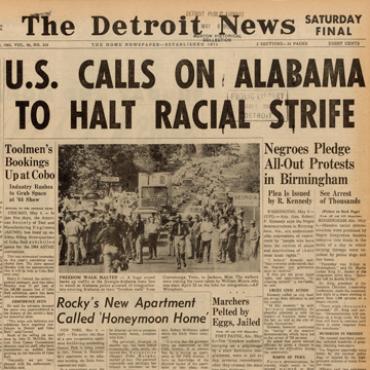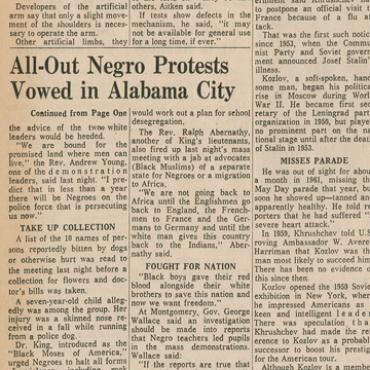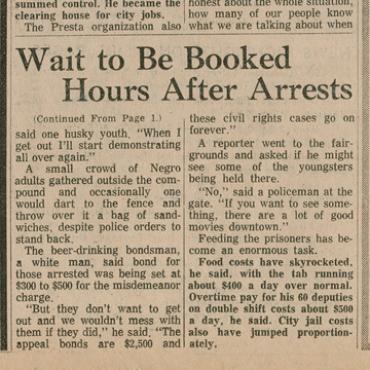MLK and Black History Month Resources
Hundreds of free online historical newspapers, videos and lesson plans draw connections to civil rights battles then and now.
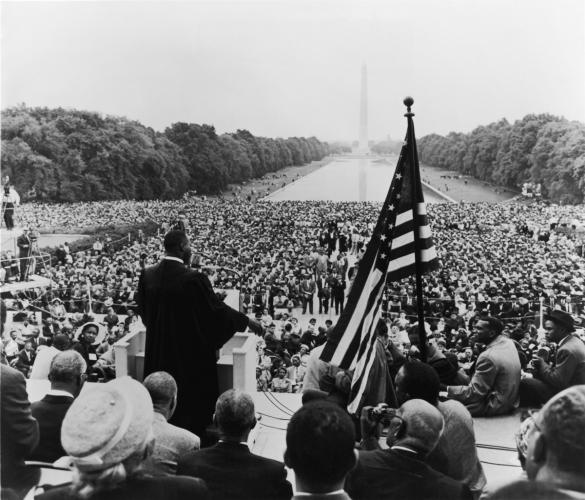
Martin Luther King Jr. tells the crowd at the Prayer Pilgrimage for Freedom that "our most urgent request to the president … and every member of Congress is to give us the right to vote."
From Martin Luther King Jr.'s "Letter From Birmingham Jail" to a video on the press and the civil rights movement to a timeline on major events in the fight for racial equality, NewseumED is your source for lesson plans and activities that can be used to observe MLK Day in January or Black History Month in February. King understood the power of the First Amendment and used it to bring national attention to injustices.
We have numerous resources for you to bring the civil rights leader, the First Amendment and the civil rights movement into your classroom and/or enhance a visit to the Newseum. (To access some of these resources, you must be signed into NewseumED; registration is free.)
Sign up for NewseumED
On the NewseumED website
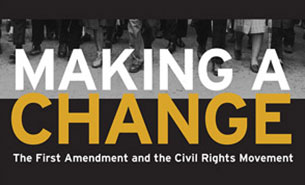
- EDCollection: Making a Change: The First Amendment and the Civil Rights Movement, which includes:
- A searchable timeline featuring over 200 historical front pages, videos and photographs. Many entries feature King and his role in the civil rights movement, including the Southern Christian Leadership Conference, the Letter From Birmingham Jail, the March on Washington and the Civil Rights Act of 1964.
- A media map comparing newspapers’ front page coverage of civil rights milestones across the country, such as Brown v. Board of Education and the Little Rock Nine.
- Units with standards-aligned lesson plans, activities and worksheets that support historical connections, media literacy, and civics and citizenship.
- "The Press and the Civil Rights Movement" video, with accompanying lesson plan and viewing guide, that explores the interplay between the free press in America and the fight for equality.
- "Letter From Birmingham Jail" lesson plan, which includes the full letter written by King after his arrest April 12, 1963, in Birmingham, Ala., for parading without a permit and for defying a state order banning demonstrations. King was responding to a letter, signed by eight white ministers from Birmingham and titled “A Call for Unity,” that was published the day of his arrest in The Birmingham News. The lesson plan includes both texts and discussion questions.
- "What Don't You Know About Civil Rights?" — This NewseumED article, originally published in a National Council for the Social Studies' Bulletin, shows educators how they can reframe the civil rights movement using the four dimensions of the C3Framework and the Newseum's emphasis on the role of the First Amendment. Students learn to formulate and investigate their own questions about the movement.
- Read about James Farmer Jr. and his role in the civil rights movement, including the founding of the Congress of Racial Equality, in a guest article by Ben Voth, associate professor of communications at Southern Methodist University.
- Explore King's life more in-depth through our collection of newspapers, photographs and lesson plans about his fight for social justice and his assassination in 1968. View archived front pages covering the assassination, funeral, ensuing riots and the impact of King’s death on civil rights legislation from The Atlanta Constitution, the North Carolina Courier-Tribune, The Michigan Daily and The Macon (Ga.) Telegraph, as well as a photograph of King’s family at his funeral.
Find more civil rights resources through our Tools feature.
At the Newseum
- "Making a Change: The First Amendment and the Civil Rights Movement" is a 50-minute class offered free to school groups visiting the Newseum. Students watch and discuss a Newseum-produced documentary about the role of the First Amendment freedoms in the civil rights movement and in protests today. We've created a unit of pre- and post-visit lesson plans and activities.
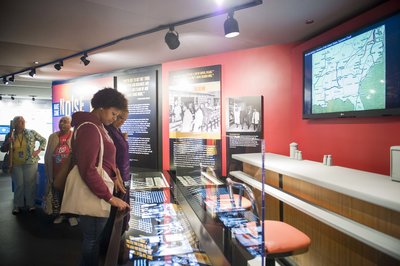
- “Make Some Noise: Students and the Civil Rights Movement” is a Newseum exhibit on young adults in the early 1960s who fought segregation by making their voices heard and exercising their First Amendment rights. Featured are a section of the original F.W. Woolworth lunch counter in Greensboro, N.C., where in 1960 four African-American college students launched the sit-in movement; and a bronze casting of the Birmingham, Ala., jail cell door behind which King penned his famous “Letter From Birmingham Jail” in 1963. Download a gallery exploration guide.
- “1968: Civil Rights at 50” is part of a changing exhibit exploring the tumultuous events that shaped the civil rights movement in 1968, when movement leader the Rev. Martin Luther King Jr. was assassinated, unleashing anger and anguish across the country. The exhibit runs through Jan. 27, 2019.
You can find additional information on all of our classes here and on how to schedule a field trip. If you have questions, please email the Newseum Education Department or call 202/292-6650.

